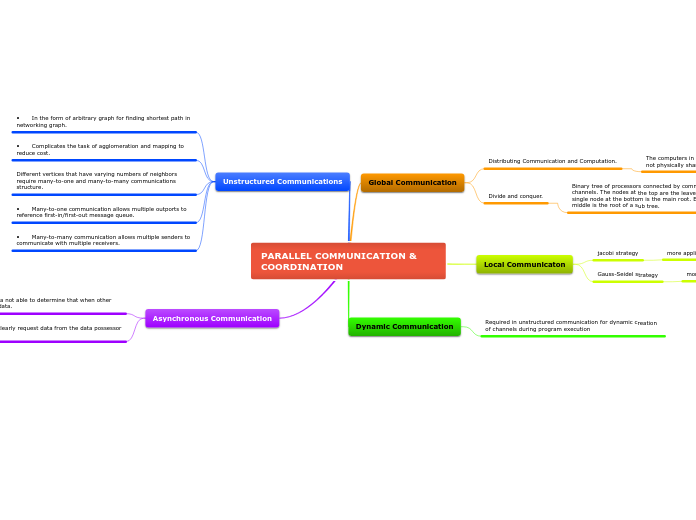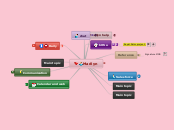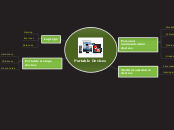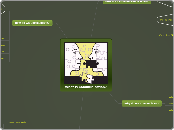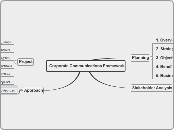av Fatinatul Fatihah för 5 årar sedan
447
PARALLEL COMMUNICATION & COORDINATION
The text discusses various forms of communication and coordination strategies in computing systems. Dynamic communication involves the creation of channels during program execution, while global communication utilizes a binary tree structure of processors for efficient data handling.
